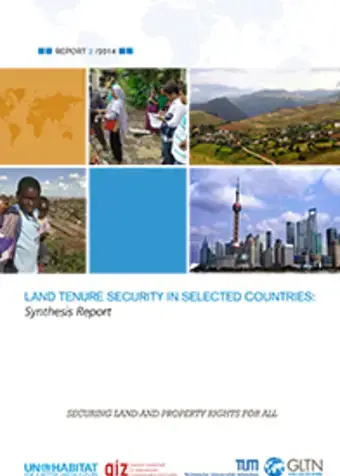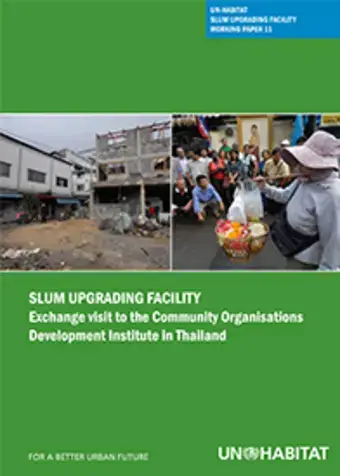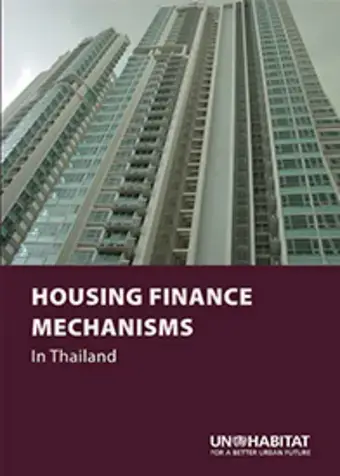 Melaka, 15 March 2016 - Deputy Prime Minister of Malaysia, Ahmad Zahid Hamidi, has reiterated the “need for integrated and inclusive urban resilient strategies”, and stated “to build resilient cities, we must start with people.” He made the comments at the second Asia Pacific Forum on Urban Resilience and Adap
Melaka, 15 March 2016 - Deputy Prime Minister of Malaysia, Ahmad Zahid Hamidi, has reiterated the “need for integrated and inclusive urban resilient strategies”, and stated “to build resilient cities, we must start with people.” He made the comments at the second Asia Pacific Forum on Urban Resilience and Adap
Environmentally sustainable cities, SDG implementation, New Urban Agenda under spotlight in Hanoi
09 March 2016, Hanoi – At the recent 7th High Level Seminar on Environmentally Sustainable Cities in Vietnam, UN-Habitat promoted the issues of sustainable urbanisation, city planning, resilient city development and youth advocacy, in the context of the mobilisation of cities and stakeholders towards Habitat III, the UN conference on sustainable urban development taking place in October this year.


